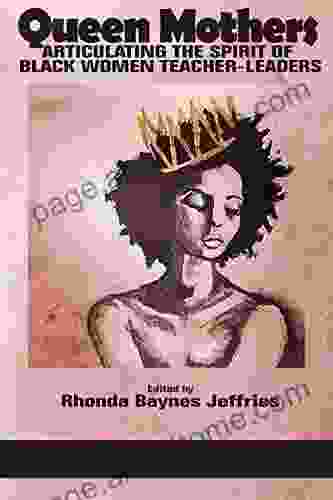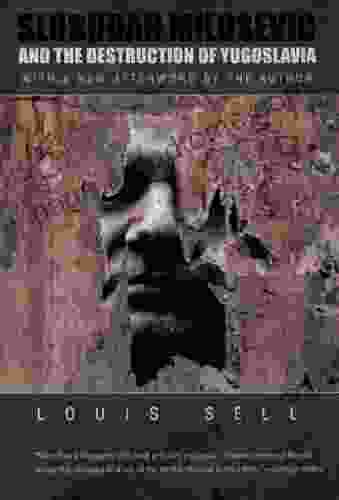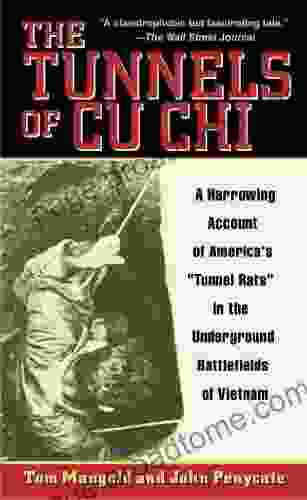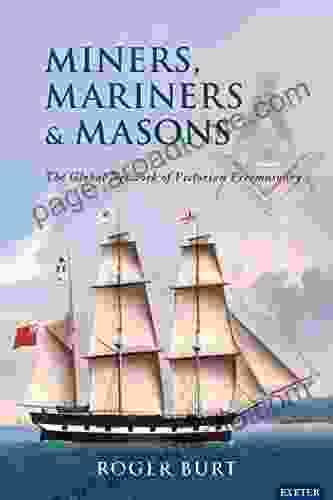Slobodan Milosevic: The Architect of Yugoslavia's Destruction

4.4 out of 5
| Language | : | English |
| File size | : | 4408 KB |
| Text-to-Speech | : | Enabled |
| Screen Reader | : | Supported |
| Enhanced typesetting | : | Enabled |
| Word Wise | : | Enabled |
| Print length | : | 451 pages |
Slobodan Milosevic was born in Pozarevac, Serbia, in 1941. He studied law at the University of Belgrade, and after graduating, he worked as a lawyer and a journalist. In 1986, he was elected to the leadership of the League of Communists of Serbia, and in 1989, he became president of Serbia.
As president of Serbia, Milosevic pursued a policy of ethnic nationalism. He stoked fears of Serbian minorities in other parts of Yugoslavia, and he used this to justify his aggressive policies towards other republics. In 1991, Slovenia and Croatia declared independence from Yugoslavia, and Milosevic responded by sending the Yugoslav army to suppress the secessionists.
The Yugoslav Wars lasted for ten years, and they resulted in the deaths of hundreds of thousands of people. Milosevic was indicted for war crimes by the International Criminal Tribunal for the former Yugoslavia (ICTY),but he died in prison in 2006 before his trial could be completed.
Milosevic's Rise to Power
Slobodan Milosevic was born into a communist family in Pozarevac, Serbia, in 1941. His father was a teacher and his mother was a nurse. Milosevic was a bright and ambitious student, and he excelled in school. He studied law at the University of Belgrade, and after graduating, he worked as a lawyer and a journalist.
In 1986, Milosevic was elected to the leadership of the League of Communists of Serbia. The League of Communists was the ruling party in Yugoslavia, and Milosevic quickly rose through the ranks. In 1989, he became president of Serbia.
Milosevic's Policies
As president of Serbia, Milosevic pursued a policy of ethnic nationalism. He argued that Serbs were the victims of discrimination in other parts of Yugoslavia, and he promised to protect their rights.
Milosevic's policies were popular with many Serbs, but they also alienated other ethnic groups in Yugoslavia. In 1991, Slovenia and Croatia declared independence from Yugoslavia, and Milosevic responded by sending the Yugoslav army to suppress the secessionists.
The Yugoslav Wars
The Yugoslav Wars lasted for ten years, and they resulted in the deaths of hundreds of thousands of people. Milosevic was indicted for war crimes by the International Criminal Tribunal for the former Yugoslavia (ICTY),but he died in prison in 2006 before his trial could be completed.
The Legacy of Slobodan Milosevic
Slobodan Milosevic is a controversial figure in Serbian history. Some people view him as a hero who defended the Serbian people, while others see him as a war criminal who is responsible for the deaths of hundreds of thousands of people.
Milosevic's legacy is complex and contested. He was a complex and contradictory figure, and his actions had a profound impact on the history of Yugoslavia.
Slobodan Milosevic was a key figure in the Yugoslav Wars of the 1990s. His policies of ethnic nationalism and aggression led to the breakup of Yugoslavia and the deaths of hundreds of thousands of people.
Milosevic was indicted for war crimes by the International Criminal Tribunal for the former Yugoslavia (ICTY),but he died in prison in 2006 before his trial could be completed.
Milosevic's legacy is complex and contested. He was a complex and contradictory figure, and his actions had a profound impact on the history of Yugoslavia.
4.4 out of 5
| Language | : | English |
| File size | : | 4408 KB |
| Text-to-Speech | : | Enabled |
| Screen Reader | : | Supported |
| Enhanced typesetting | : | Enabled |
| Word Wise | : | Enabled |
| Print length | : | 451 pages |
Do you want to contribute by writing guest posts on this blog?
Please contact us and send us a resume of previous articles that you have written.
 Book
Book Novel
Novel Page
Page Chapter
Chapter Text
Text Story
Story Genre
Genre Reader
Reader Library
Library Paperback
Paperback E-book
E-book Magazine
Magazine Newspaper
Newspaper Paragraph
Paragraph Sentence
Sentence Bookmark
Bookmark Shelf
Shelf Glossary
Glossary Bibliography
Bibliography Foreword
Foreword Preface
Preface Synopsis
Synopsis Annotation
Annotation Footnote
Footnote Manuscript
Manuscript Scroll
Scroll Codex
Codex Tome
Tome Bestseller
Bestseller Classics
Classics Library card
Library card Narrative
Narrative Biography
Biography Autobiography
Autobiography Memoir
Memoir Reference
Reference Encyclopedia
Encyclopedia Peter Wehner
Peter Wehner Oliver Sacks
Oliver Sacks Nitsuke
Nitsuke Peter C Smith
Peter C Smith Paul Casselle
Paul Casselle Pascal Makgoba
Pascal Makgoba Sunni Welles
Sunni Welles Subhajit Ganguly
Subhajit Ganguly Thomas Seebeck
Thomas Seebeck Paula Baker Laporte
Paula Baker Laporte Simone Santini
Simone Santini Norman Rosenthal
Norman Rosenthal Patrick W Jordan
Patrick W Jordan Peter Beal
Peter Beal Travis W Holland
Travis W Holland John Zubrzycki
John Zubrzycki Zong Qi Cai
Zong Qi Cai John Milsom
John Milsom Y L Mo
Y L Mo Olusegun Festus Remilekun
Olusegun Festus Remilekun
Light bulbAdvertise smarter! Our strategic ad space ensures maximum exposure. Reserve your spot today!

 Clayton HayesUnleash the Power of Positive Affirmations: Transform Your Life with Daily...
Clayton HayesUnleash the Power of Positive Affirmations: Transform Your Life with Daily... Earl WilliamsFollow ·14.8k
Earl WilliamsFollow ·14.8k Howard BlairFollow ·12.5k
Howard BlairFollow ·12.5k Bernard PowellFollow ·6.2k
Bernard PowellFollow ·6.2k Jason ReedFollow ·10.9k
Jason ReedFollow ·10.9k Andy ColeFollow ·16.2k
Andy ColeFollow ·16.2k Gabriel MistralFollow ·11.3k
Gabriel MistralFollow ·11.3k Beau CarterFollow ·12.2k
Beau CarterFollow ·12.2k Hank MitchellFollow ·11.7k
Hank MitchellFollow ·11.7k

 W. Somerset Maugham
W. Somerset MaughamNourishing Delights: Easy Recipes Without Salt, Oil, or...
Are you looking for...

 Zachary Cox
Zachary CoxThe Art of Kitchen Fitting: A Masterful Guide to Culinary...
The kitchen, the heart of...

 Elliott Carter
Elliott CarterArticulating the Spirit of Black Women Teacher Leaders:...
In the tapestry of education,...

 James Gray
James GrayThe Complete Guide to Arduino: Your Journey to...
: Unveiling the...
4.4 out of 5
| Language | : | English |
| File size | : | 4408 KB |
| Text-to-Speech | : | Enabled |
| Screen Reader | : | Supported |
| Enhanced typesetting | : | Enabled |
| Word Wise | : | Enabled |
| Print length | : | 451 pages |













